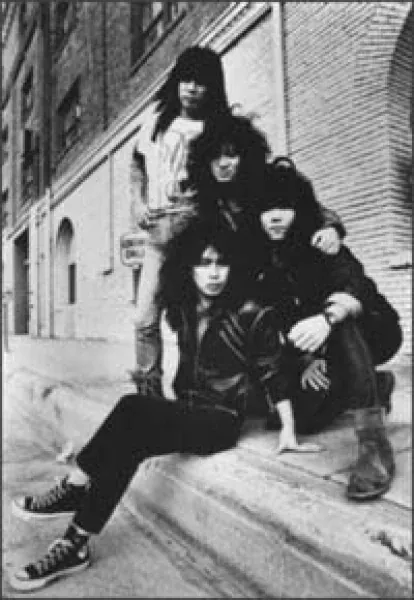
Loudness
Top Loudness albums
Top Loudness lyrics
Loudness biography
By the time they were introduced to the West by 1985's Thunder in the East album, Japan's Loudness had arguably already hit their peak. Their previous effort, Disillusion, was the fourth chart-topping release in their homeland, not to mention a critical triumph among members of the European press. But when faced with a contingency plan to conquer America, Loudness were gradually forced to alter their sound by unsuitable producers and clueless record company hacks, never coming close to translating their far-East success into Western stardom. br /br /Guitarist Akira Takasaki and drummer Munetaka Higuchi first played together during the mid-'70s in a mainstream rock band called Lazy. Unhappy with the band's direction, the duo split and decided to follow in the footsteps of Bow Wow (the first ever Japanese heavy metal band), forming Loudness with vocalist Minoru Niihara and ba** player Masayoshi Yamash**a. Combining a cla**ic metal approach withbr /br /Takasaki's Eddie Van Halen-inspired guitar heroics, the band immediately scored local success with their first three albums, which were sung entirely in Japanese. But it wasn't until the release of their first live album, Live-Loud-Alive, and fourth studio effort Disillusion that the group attracted any significant attention outside their homeland, eventually issuing an English version of Disillusion.br /br /Atlantic Records soon came calling and the band's international career began in earnest with 1985's Thunder in the East, which sold quite well in the U.S. for its novelty value, giving the band false hopes about their acceptance by Western metal audiences. Subsequent efforts, Lightning Strikes and Hurricane Eyes, were "made to order" records geared for the American market, and saw the band slowly drifting away from their roots towards a more commercial, pop-metal sound. All to no avail, and after recording 1988's independently-released Jealousy, the cla**ic lineup's glory years came to an end with the firing of Niihara and the arrival of American-born singer Mike Vescera for 1989's Soldier of Fortune. 1991's disappointing On the Prowl saw them resort to re-recording watered down versions of some of their Japan-only material and would be the last to feature Vescera, who briefly joined the temperamental Yngwie J. Malmsteen's band.br /br /Yamada Masaki, from rival Japanese metal band EZO, was brought in for Loudness' 1992 self-titled effort, 1994's Heavy Metal Hippies, and 1997's Ghetto Machine. The latter saw the departure of the band's long-time rhythm section being replaced by ba**ist Shibata Naoto and drummer Homma Hirotsugu. This lineup recorded two more albums, 1998's Dragon and 1999's Engine, after which it has been rumored that Takasaki welcomed back the original members for an as yet unconfirmed reunion. ~ Ed Rivadavia, All Music Guide
